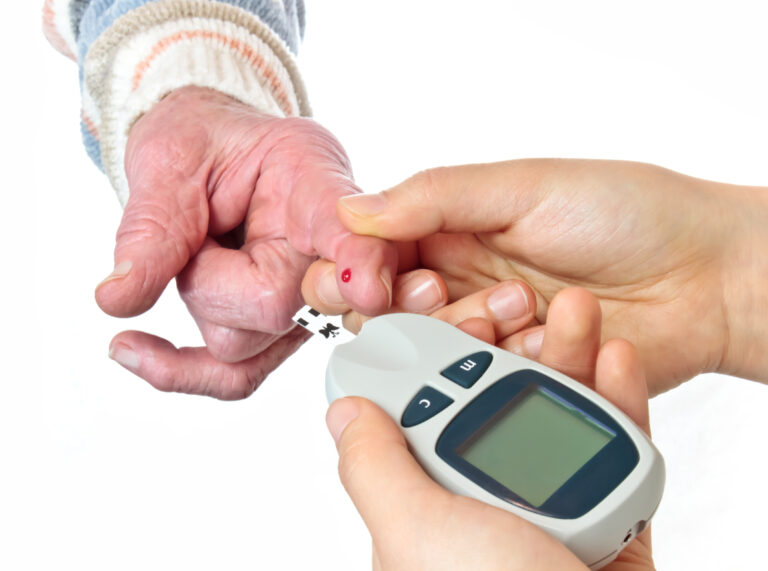Mindfulness is a practice that involves paying attention to the present moment without judgment. It can help you develop greater awareness and understanding of your thoughts, emotions, and physical sensations. In recent years, mindfulness has gained popularity as an effective tool for managing mental health issues such as anxiety, depression, stress, and more.
In this blog post, we’ll explore how mindfulness can improve your mental health, delve into the science behind it, provide simple meditation techniques for beginners, discuss the benefits of incorporating mindfulness in the workplace, and share tips on practicing mindful parenting.
What Is Mindfulness And How Can It Help Your Mental Health?
Mindfulness is about being fully present in the current moment, without letting your mind wander or judge what you are experiencing. By focusing on the present, you can become more aware of your thoughts, feelings, and bodily sensations, which can help you better manage negative emotions like fear, anger, and sadness. Studies have shown that regular mindfulness practices can reduce symptoms of anxiety and depression, lower levels of stress hormones, and increase positive emotions like happiness and compassion.
The Science Behind Mindfulness: Why It Works For Anxiety, Depression, And Stress Management
Researchers have found that mindfulness works by changing the way our brains respond to stressors. Regular mindfulness practice strengthens the prefrontal cortex, which is responsible for regulating emotions and decision-making. This leads to increased resilience against stress and improved ability to cope with difficult situations. Additionally, mindfulness reduces activity in the amygdala, the brain’s center for processing threat responses, leading to reduced anxiety and improved emotional stability.
A Beginner’s Guide To Meditation: Simple Techniques You Can Use Today
If you’re new to mindfulness and meditation, starting a daily practice may seem daunting. However, there are many easy and accessible ways to begin incorporating mindfulness into your life. Here are some simple techniques you can use today:
1. Breath Awareness – Focus on your breath as you inhale and exhale naturally. Notice the sensation of air moving in and out of your body.
2. Body Scan – Lie down or sit comfortably and bring your attention to each part of your body one at a time. Notice any areas of tension or discomfort and breathe into them to release the tension.
3. Loving Kindness – Imagine sending love and kindness to yourself and others. Start by imagining someone you care about and repeating phrases like “May you be happy,” “May you be healthy,” etc.
4. Walking Meditation – Take a walk outside and focus solely on the sensation of walking. Pay attention to the feeling of your feet touching the ground and the rhythm of your steps.
Mindfulness In The Workplace: How Businesses Are Using Meditation To Improve Employee Wellbeing
Many companies are now recognizing the benefits of mindfulness and incorporating it into their employee wellness programs. Research shows that mindfulness can lead to increased productivity, decreased absenteeism, and improved job satisfaction. Some businesses offer onsite meditation classes, while others encourage employees to take breaks throughout the day for brief moments of mindfulness.
Mindful Parenting: How To Raise Kids With A Focus On Presence And Self-awareness
As parents, we want to raise children who are self-aware, emotionally intelligent, and able to navigate challenging situations with ease. Practicing mindfulness as a family can help foster these qualities in both parents and kids alike. Here are some tips for incorporating mindfulness into your parenting style:
1. Set Aside Time For Family Meditation – Try setting aside a few minutes each day for the whole family to meditate together. You could start with a guided meditation app or simply focus on your breath together.
2. Encourage Self-reflection – Ask your child open-ended questions about their thoughts and feelings. Listen actively and try not to interrupt or judge their answers.
3. Model Mindful Behavior – Children learn from observing their parents, so make sure you model mindful behavior in your own life. Take deep breaths when you feel stressed, pause before reacting, and show gratitude regularly.
Conclusion
Mindfulness is a powerful tool for improving mental health and overall wellbeing. Whether you’re looking to manage stress, anxiety, or depression, or simply wanting to cultivate greater presence and self-awareness in your life, incorporating mindfulness into your routine can have profound effects. So, go ahead and give it a try!


